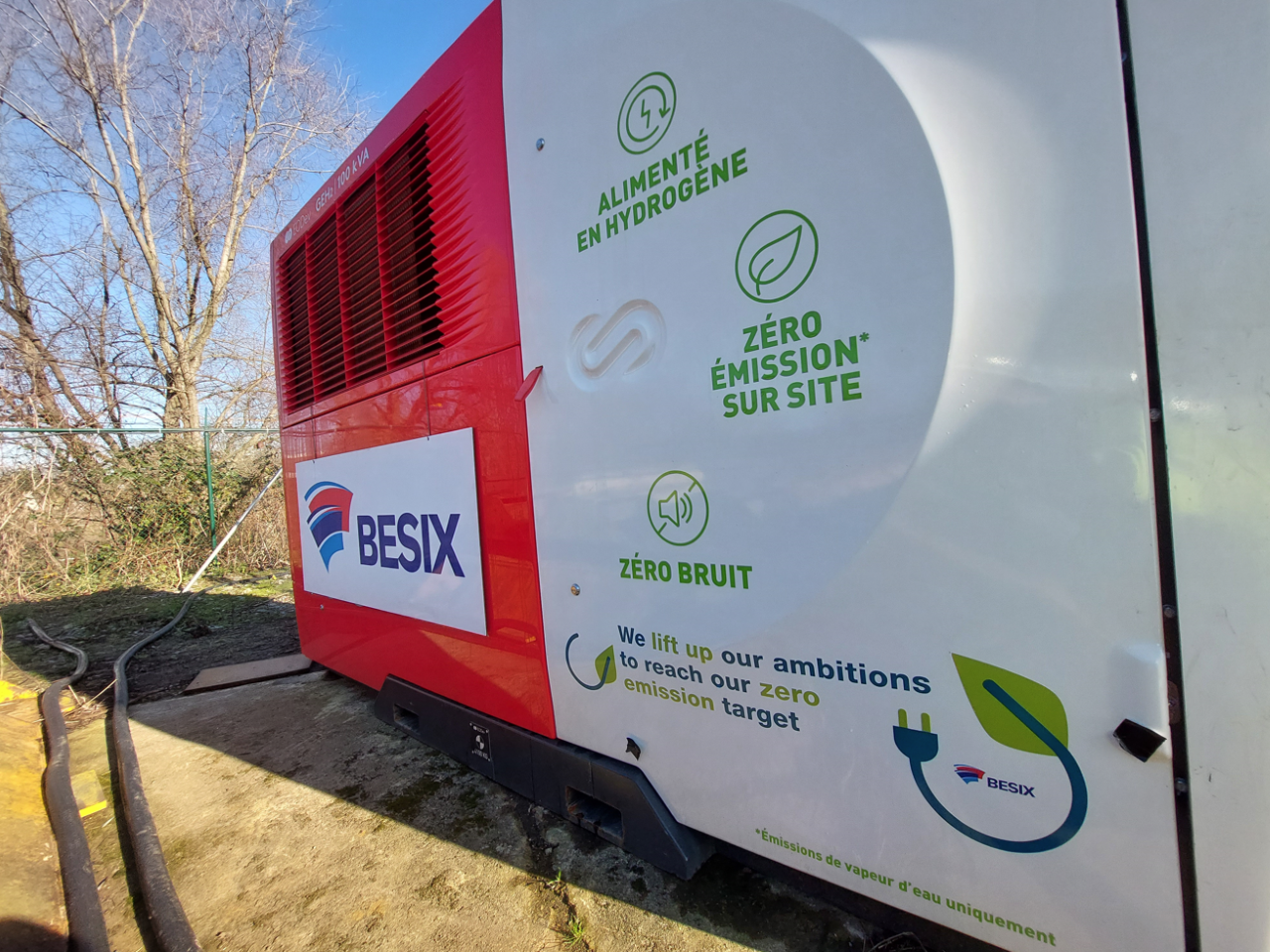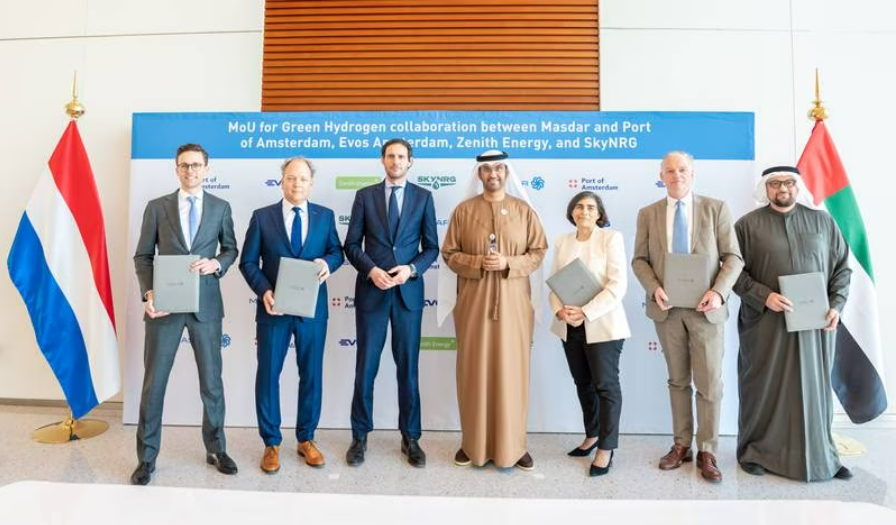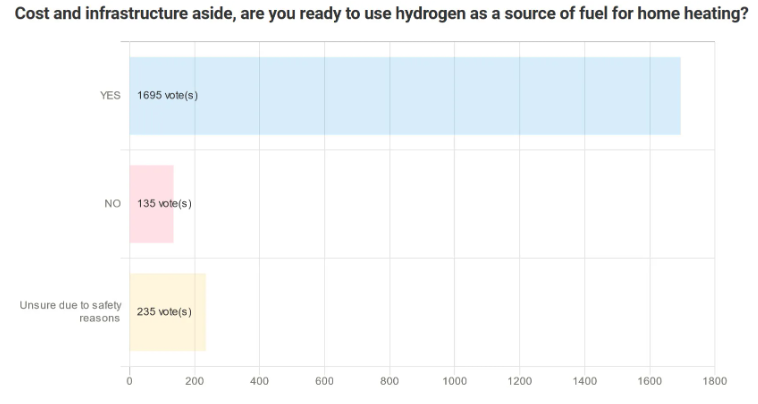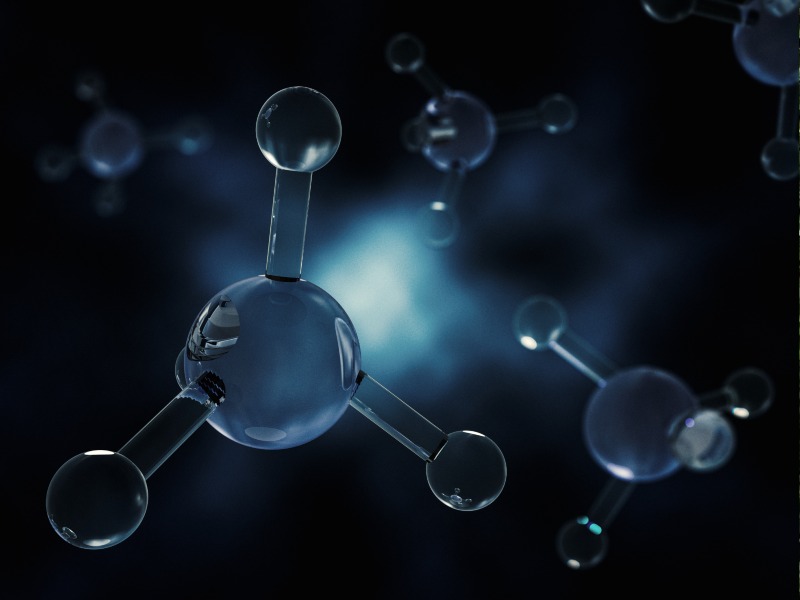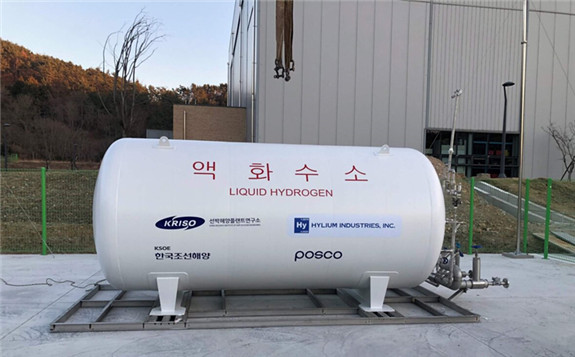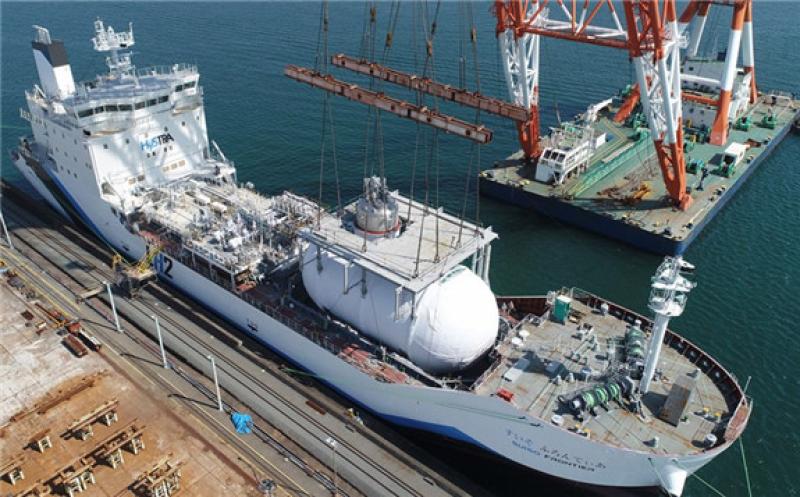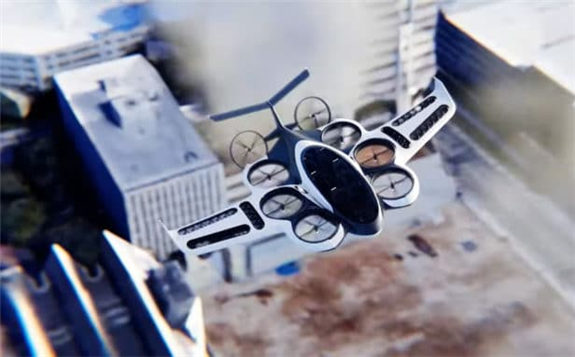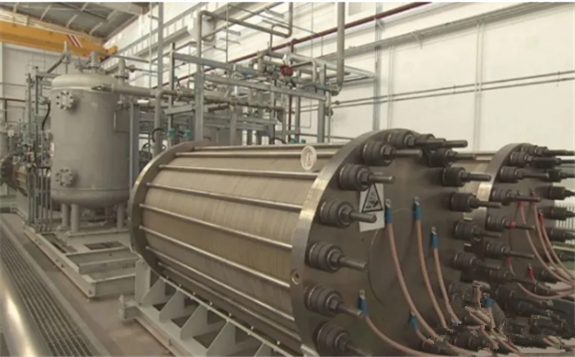The Japan Atomic Energy Agency (JAEA) has resumed vitrifying high-level radioactive waste (HLW) at its Tokai Reprocessing Plant, the Japan Atomic Industrial Forum (Jaif) announced on 17 July.
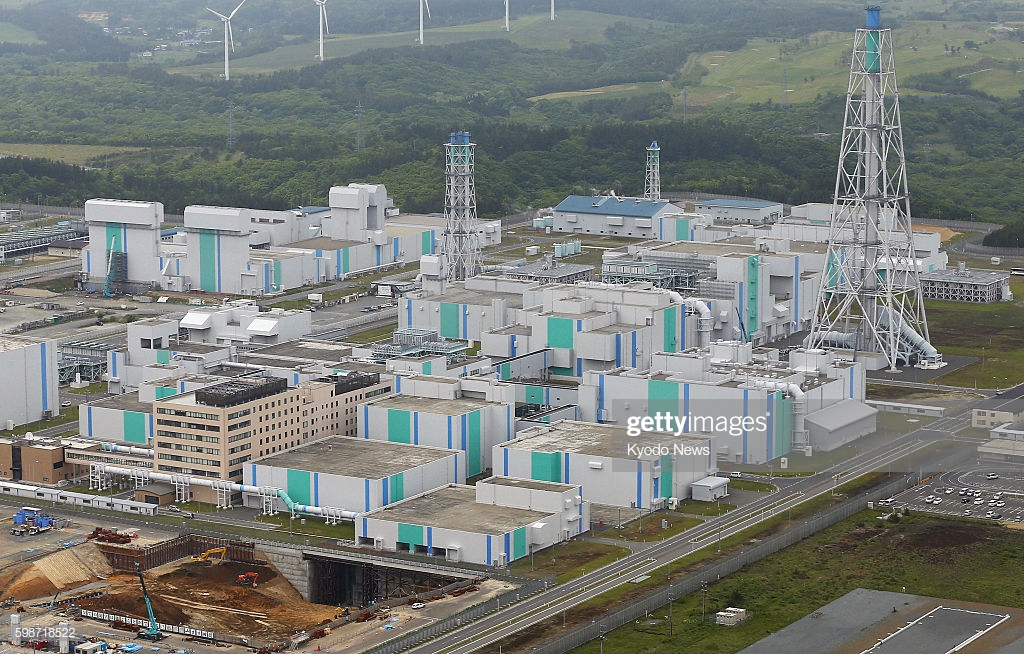
The waste resulted from the reprocessing of used nuclear fuel at the plant. This is the first time vitrification has been undertaken since a decommissioning plan for the plant was approved in June by Japan's Nuclear Regulation Authority (NRA).
JAEA applied for permission to decommission the Tokai reporcessing plant in June 2017. Under the plan the decommissioning process will take some 70 years. In addition to normal safety measures, an immediate priority is to reduce the risk from radioactive waste held at the plant as soon as possible, Jaif said. The aim is to complete the vitrification of all the HLW by the end of March 2028.
JAEA resumed vitrification after a hiatus of some two years following preporatory work, including the maintenance of remote equipment at the Tokai Vitrification Facility (TVF). The plant is expected to produce 50 vitrified waste packages before mid-November. The number of vitrified packages will increase gradually with each cycle, in an effort to complete the whole task as early as possible, and "well before"the 2028 deadline. The vitrified packages will be stored on site until they are moved to a final disposal facility still to be built by the Nuclear Waste Management Organisation of Japan (NUMO). As the vitrification proceeds, the storage capacity at Tokai will be increased from the current 420 packages to 630.
The Tokai plant began full operation in 1981 but had stood idle since 2006 when a contract for reprocessing used fuel from commercial power reactors came to an end. The facility was built as part of Japan’s plans to establish a nuclear fuel cycle, in which all used fuel will be reprocessed to extract its plutonium and uranium for recycling. In 2014, the JAEA decided to permanently retire the plant on the grounds that it would not be financially viable to invest in improved seismic safety as required by Japan’s strict post-Fukushima regulatory standards.
According to JAEA Tokai has reprocessed some 1052 tonnes of used fuel including 88 tonnes of fuel from the Fugen experimental advanced thermal reactor, 644 tonnes of boiling water reactor fuel, 376 tonnes of pressurised water reactor fuel and nine tonnes of fuel from the Japan Power Demonstration Reactor.
JAEA estimates that the cost to decommission the Tokai reprocessing plant will be JPY770 billion ($7.1bn). However, the final cost would reach nearly JPY1000 billion if expenses for dealing with highly radioactive liquid waste are included.
